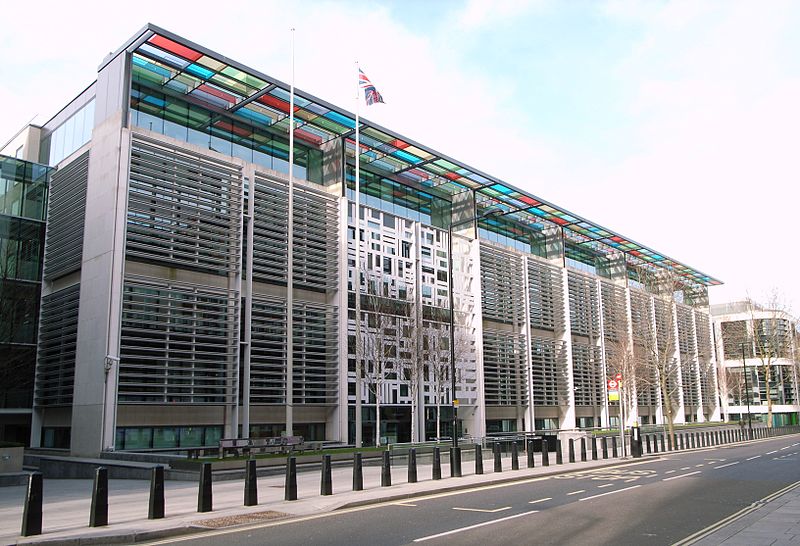
The UK has carried out its first migrant deportation to France under Sir Keir Starmer’s new “one in, one out” agreement.
The Home Office confirmed that a man who crossed the Channel in a small boat in August was flown back to France on a commercial flight this morning. Home Secretary Shabana Mahmood called it an “important first step” in tightening border control. “It sends a clear message,” she said. “If you come to the UK illegally, we will look to remove you.”
The deal with France, signed in July and active since last month, works on a swap basis: for every migrant returned to France after crossing illegally, the UK will accept one person already in France with a legitimate asylum claim.
More deportation flights are planned for the coming weeks, while the first group of asylum seekers arriving through the new legal route is expected soon.
The announcement comes after a setback for ministers earlier this week, when a court blocked the deportation of an Eritrean man who argued he was a victim of modern slavery. He was given 14 days to present his case, though the Home Office is appealing to shorten that timeframe. A wider review of modern slavery laws is also underway, with the government vowing to prevent what it sees as abuse of the system.
Mahmood was clear about her stance: “The UK will always help those genuinely fleeing persecution — but it must be done safely, legally, and in an orderly way, not through dangerous crossings.”
So far this year, more than 30,000 people have crossed the Channel in small boats — the highest number ever recorded at this stage of the year. Public frustration is growing, with a Sky News poll last week showing immigration has now overtaken other concerns for voters, even beating out the economy and the NHS.
Ministers hope the new system will act as a deterrent, discouraging people from paying smugglers if they know they could end up being deported. For now, the numbers are small — but the government insists the scheme will ramp up over time. Photo by Steve Cadman, Wikimedia commons.




































